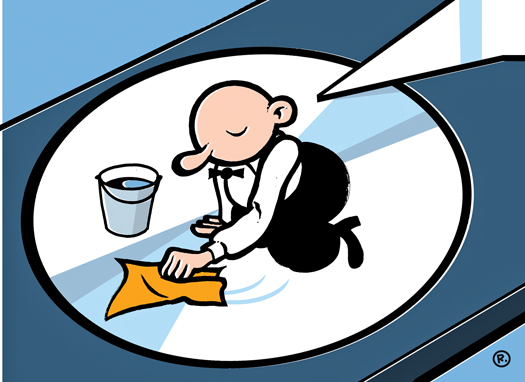

Before you sell, donate, or recycle your old computer, beware: You may be handing personal information to strangers. Simply restoring the operating system to factory settings does not delete all data and neither does formatting the hard drive before reinstalling the OS.
To really wipe a drive clean, users will need to run secure-erase software. For Windows, the best bet is the command-line utility SDelete (free), which writes over the space on the drive. SDelete runs from any bootable disk or from the hard drive of another computer connected with a device such as the Universal Drive Adapter ($39.99). Linux users can try the Shred command, which overwrites files in a similar fashion.
On a Mac, the Erase command included with the Disk Utility application securely erases drive contents. As with SDelete, first delete files from the drive, then use the erase free space feature. It offers three options, from fastest, which writes zeros over unused disk space, to most secure, which overwrites the drive at least seven times. The middle setting is probably secure enough for most home users.
There is, of course, one other foolproof way to render data unrecoverable: Drill two to three holes with a quarter-inch drill bit through the drive platters.
Got a question? Send it to us at H20@popsci.com
